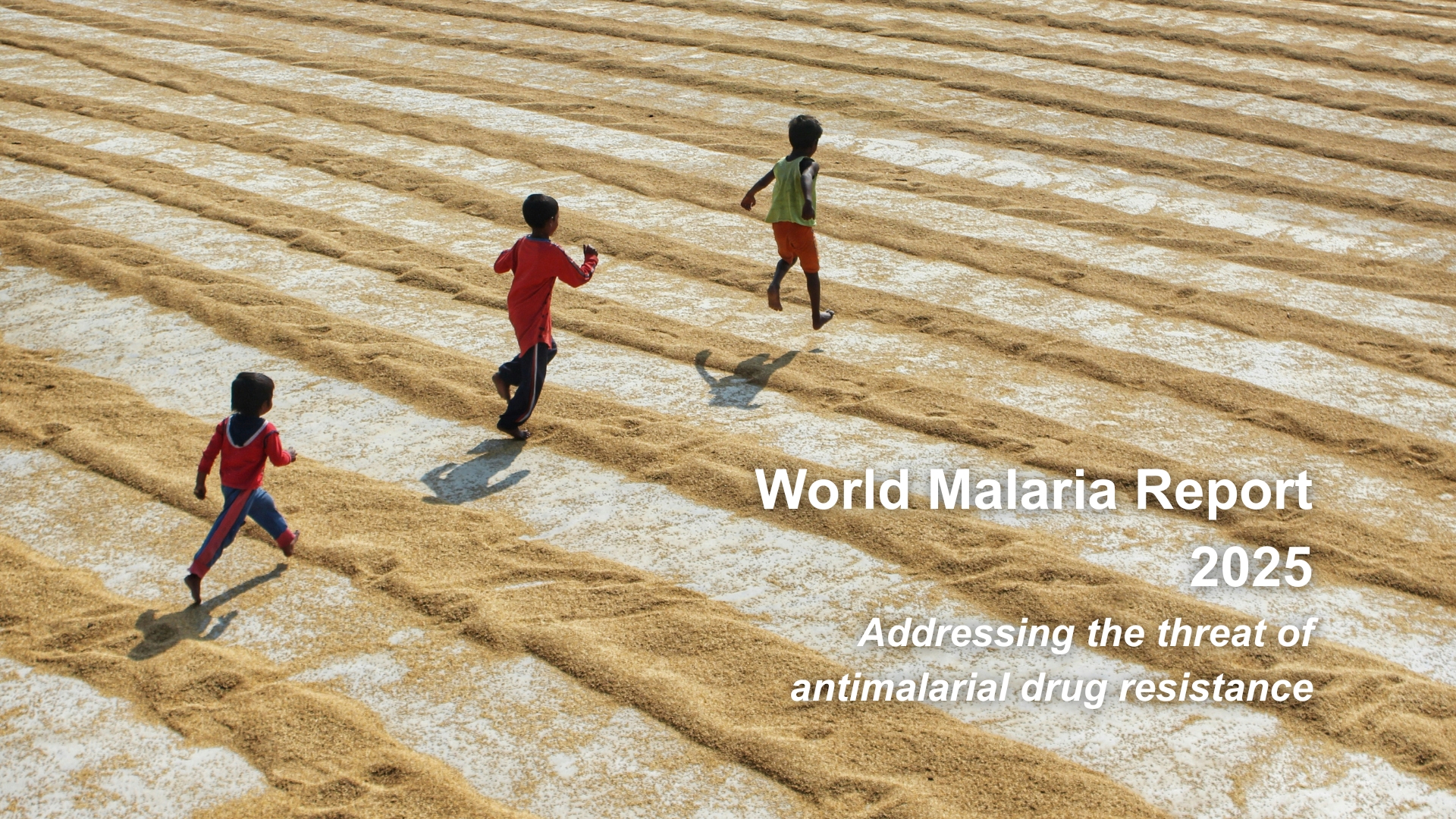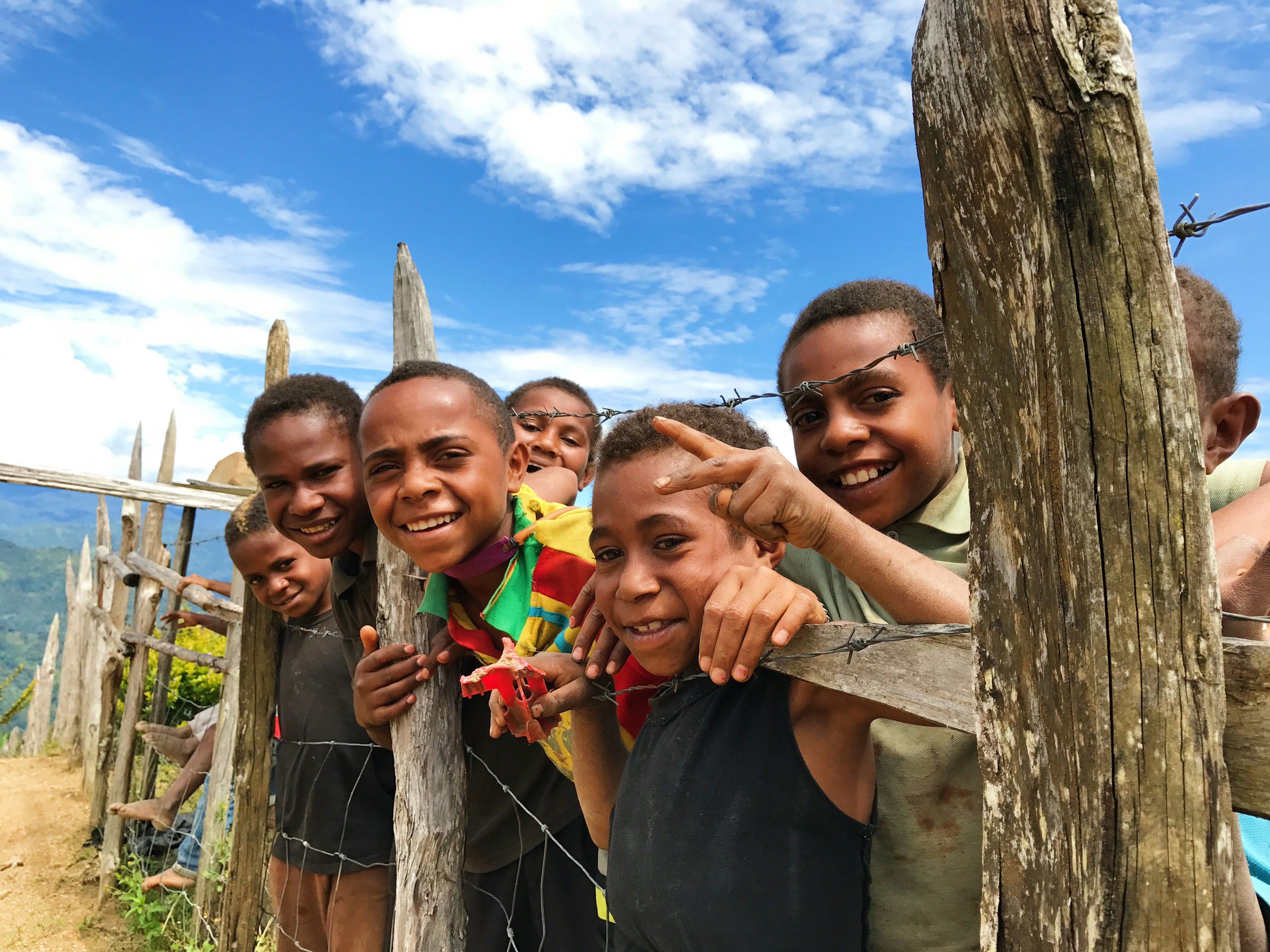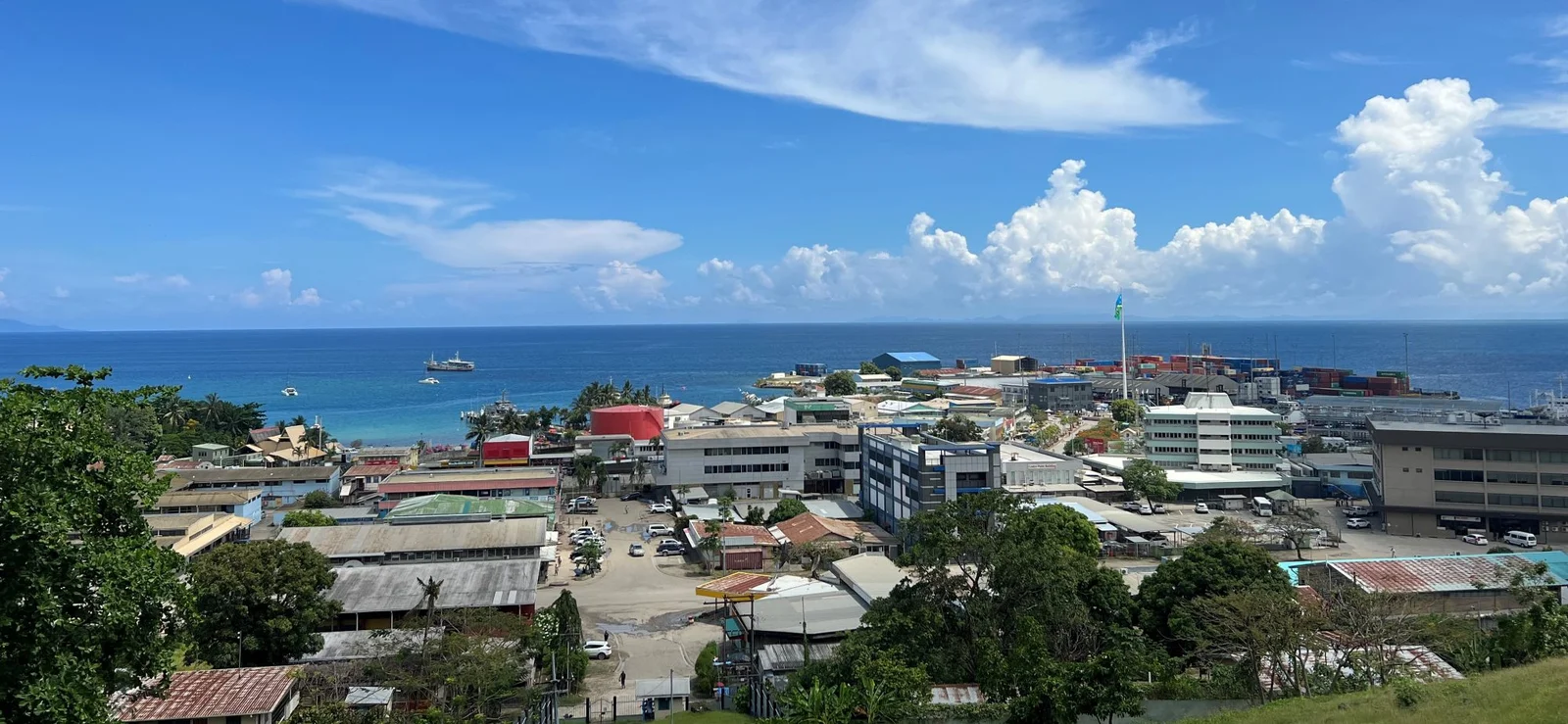
People’s Republic of China granted malaria-free certification by World Health Organization in milestone approval for Asia Pacific
SINGAPORE, 30 June 2021- In a key milestone for Asia Pacific, today the People’s Republic of China has officially been certified by the World Health Organization (WHO) as malaria-free. The Asia Pacific Leaders Malaria Alliance (APLMA), Asia Pacific Malaria Elimination Network (APMEN) and their partner The RBM Partnership welcome China’s achievement and the country’s notable contributions to the fight against malaria, while reflecting on the successes and learnings that can support malaria elimination across Asia Pacific and globally.
“China has had a long history of malaria. This milestone is a significant life-savingachievement for our country and a testament of the critical role and need for strong healthcare infrastructure, tailored innovations and leadership to end malaria”, said Prof Zhou Xiaonong, Director of National Institute of Parasitic Diseases (NIPD) at China CDC.
China has now maintained zero indigenous malaria cases for four consecutive years, down from an estimated 30 million cases and 300,000 deaths per year in the 1940s. China’s success reflects the crucial role of multi-sector collaboration across 13 ministries, targeted interventions for rural, high-risk and border areas, as well as having the right infrastructure in place. Over ten years ago, the national malaria program implemented the strategy “tracking infectious sources through surveillance, and response to clear the epidemics” with the 1-3-7 norm, a game changer for malaria surveillance and response. The norm sets out clear timelines for diagnosis (1 day), confirmation and risk assessment (3 days) and action to contain all malaria cases (7 days) to prevent further transmission of malaria. The approach has since been adopted and tailored to local settings by several countries in the region.
“Malaria is a preventable and treatable disease; we have the tools to stop it’s spread and must do so as a region and together. China has proved elimination is possible even in the most populous nation. Honoring this milestone is particularly important as progress on malaria has been uneven globally and in the region.” commented Dr Sarthak Das, CEO of APLMA. “Today, as we celebrate this accomplishment, we also acknowledge that each country must take a unique, tailored approach to malaria elimination, particularly for their most vulnerable populations where endemicity is often the highest.”
Progress against malaria is one of the biggest public health successes of this century. Over the past ten years, countries in the Asia Pacific region have almost halved the number of malaria deaths and cases and have continued to make impressive gains towards eliminating malaria by 2030. Among the countries in the region that were malaria endemic when the 2030 commitment was signed, China is the second country to be certified malaria-free, after Sri Lanka. In order to keep momentum in countries that are nearing malaria elimination, APLMA and APMEN are calling for continued urgency, an increase in global leadership and resources, to both protect the gains made against malaria over the last two decades and further bolster health systems against emergent communicable threats as we strive to defeat malaria within Asia Pacific and globally.
With over two and a half billion people in Asia Pacific still at risk and in some areas, with malaria cases rising, it is critical that the elimination gains made in Asia Pacific do not go to waste with threats to progress being left unaddressed. Sustaining malaria surveillance as part of the broader health system will be critical, in China and other elimination countries, to prevent the reintroduction of malaria and keep Asia Pacific malaria-free. APLMA and APMEN stand committed, together and with key stakeholders across the region, to make the preventable burden of communicable disease a thing of the past.
- Ends -
For further information and media enquiries:
Dimple Natali – Director of Global Communications, APLMA
E: dnatali@aplma.org T: +65 8569 1890
Rachael Teo – Senior Account Executive, GCI Health
E: rachael.teo@gcihealth.com T: +65 9815 8421
Asia Pacific one step closer to eliminating malaria
The RBM Partnership to End Malaria, WHO & APLMA celebrates China’s success in getting from 30 million malaria cases to zero
DOWNLOAD STATEMENT

From 30 million cases to zero
The WHO certifies China malaria-free
DOWNLOAD PRESS RELEASE

.svg)


.jpg)






